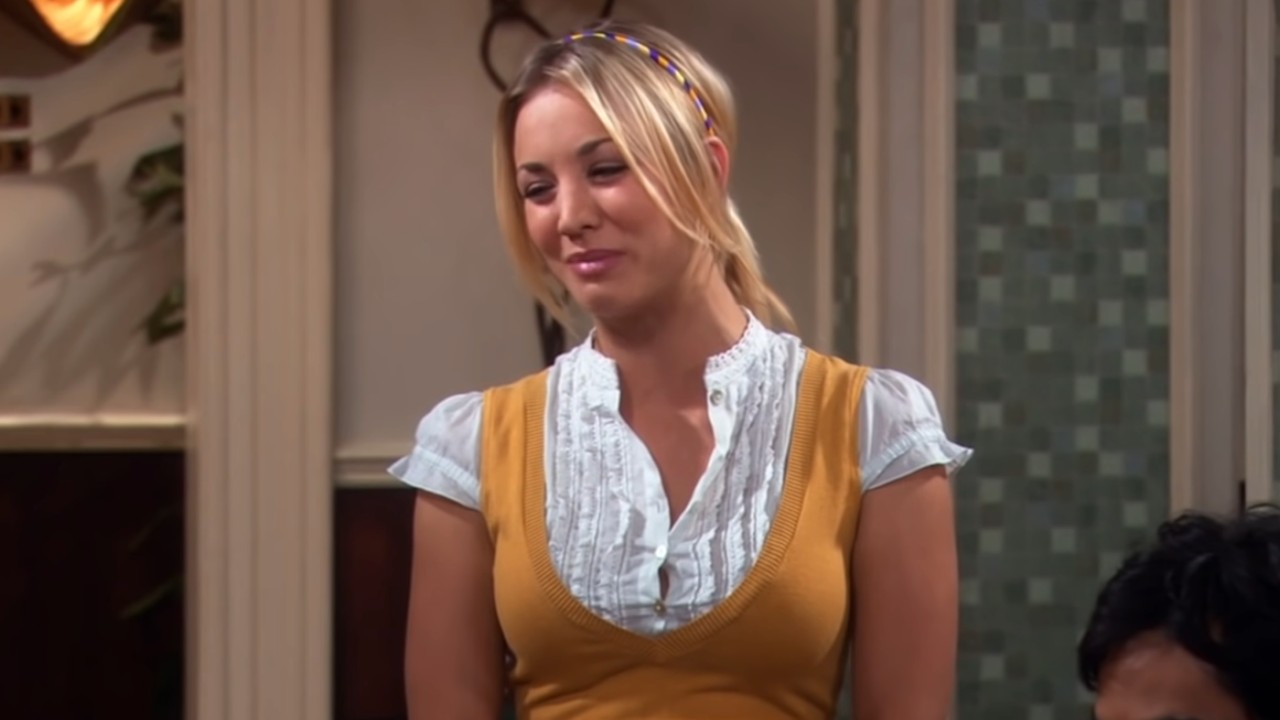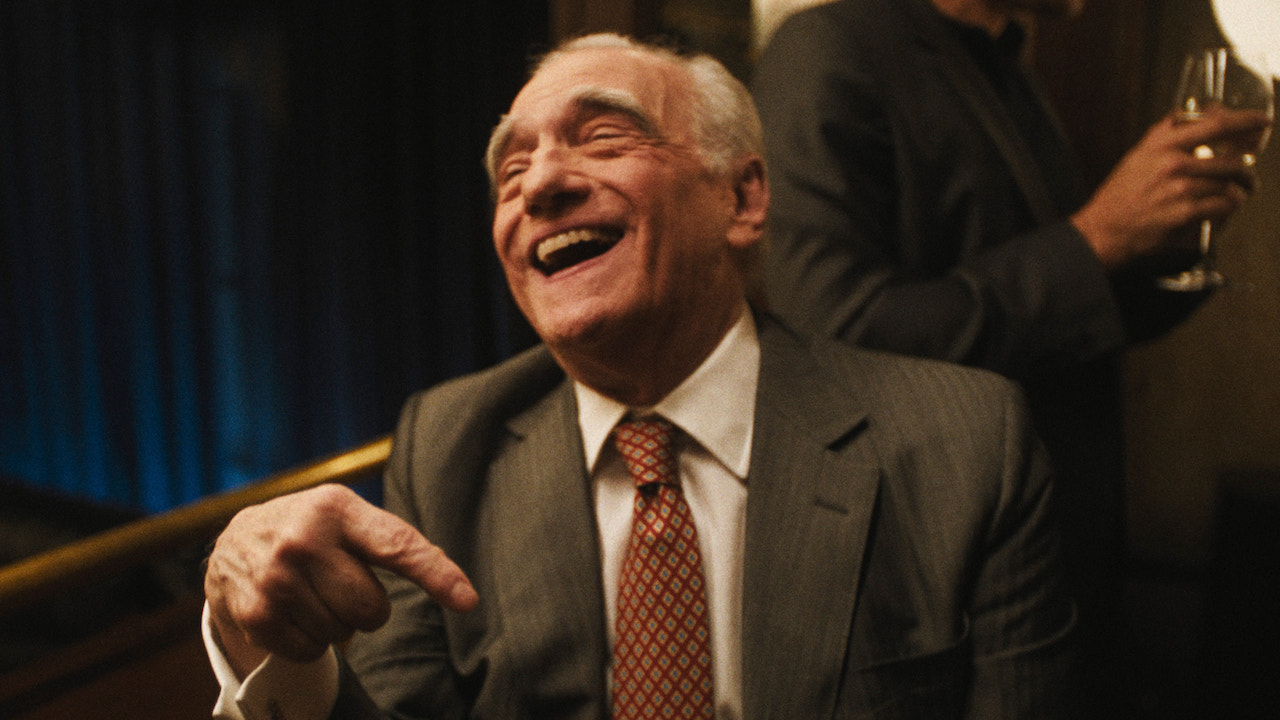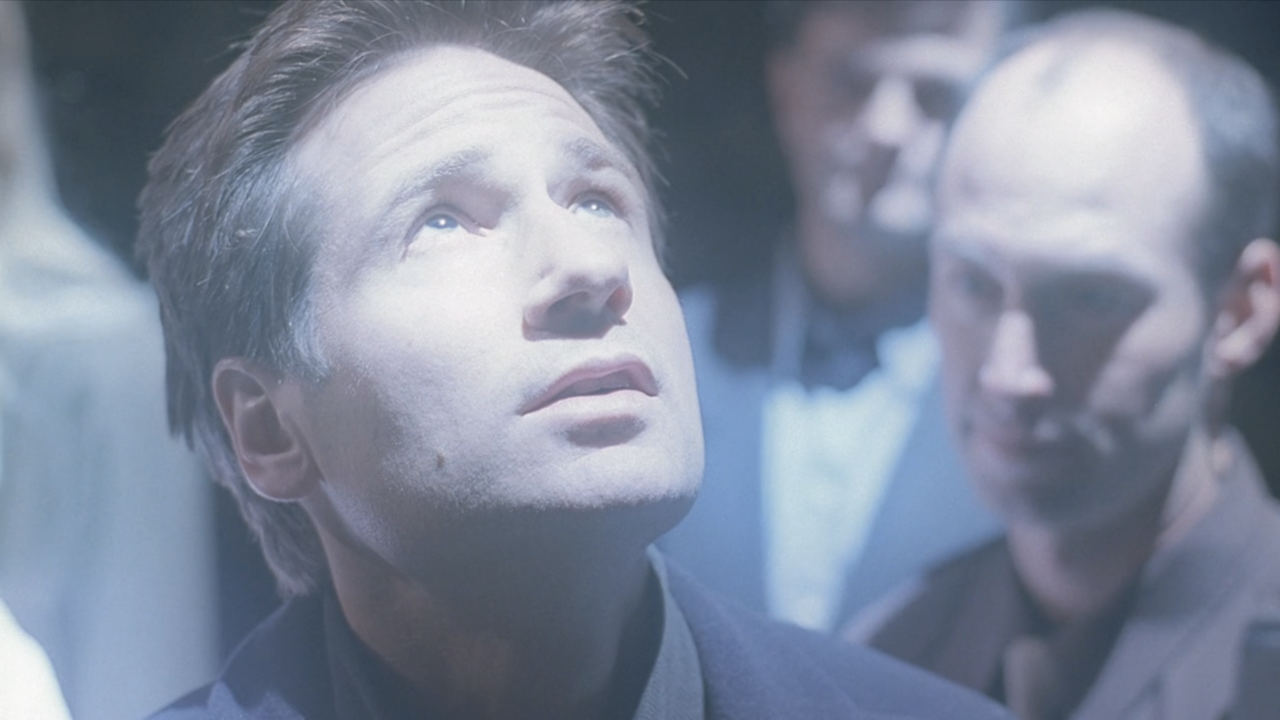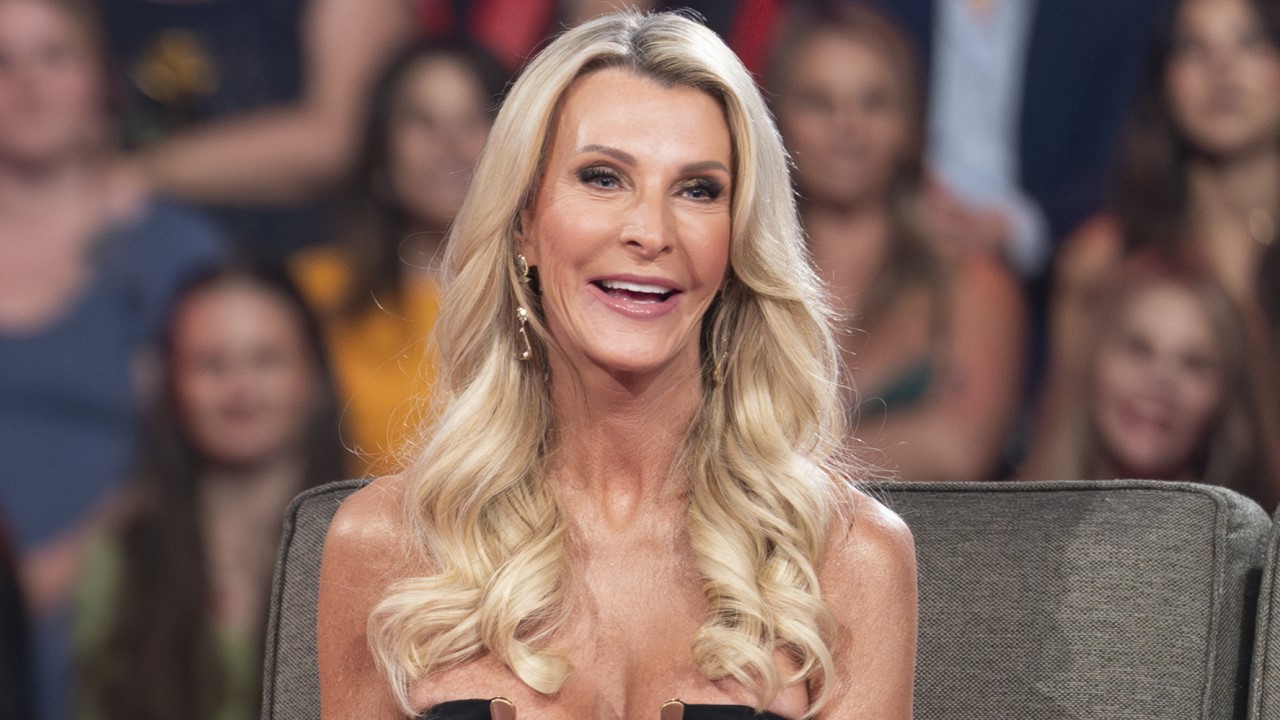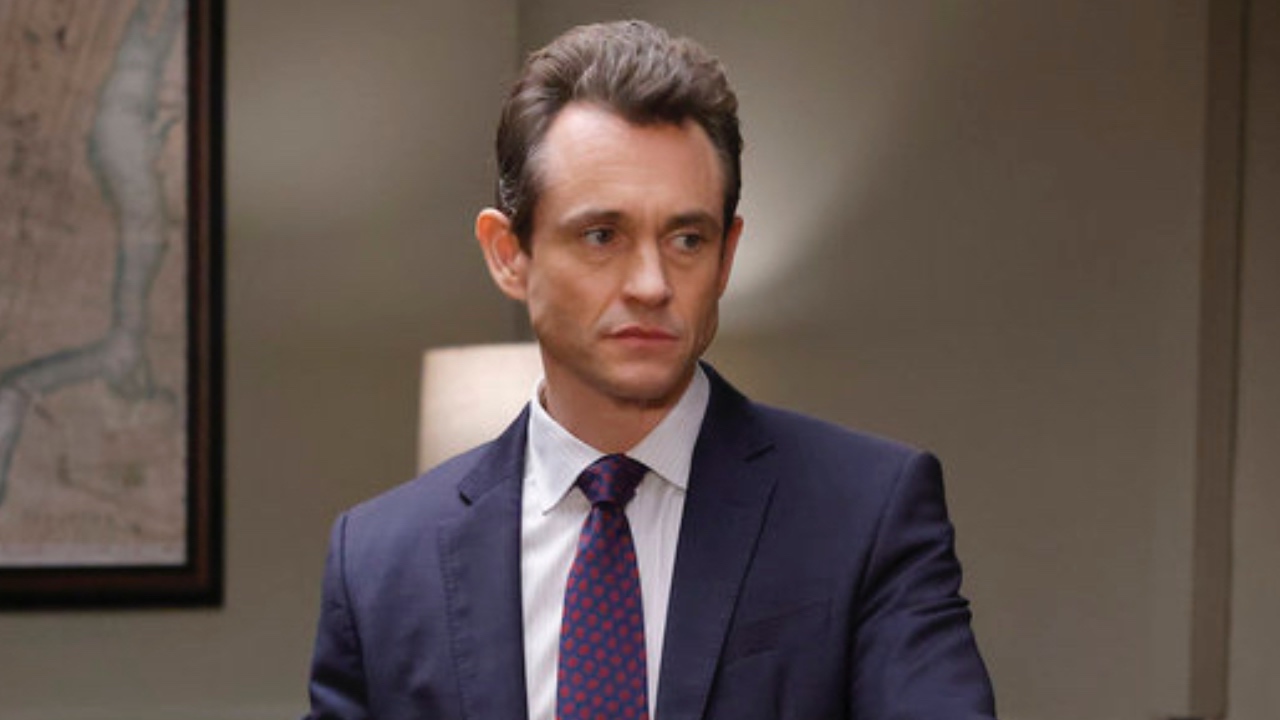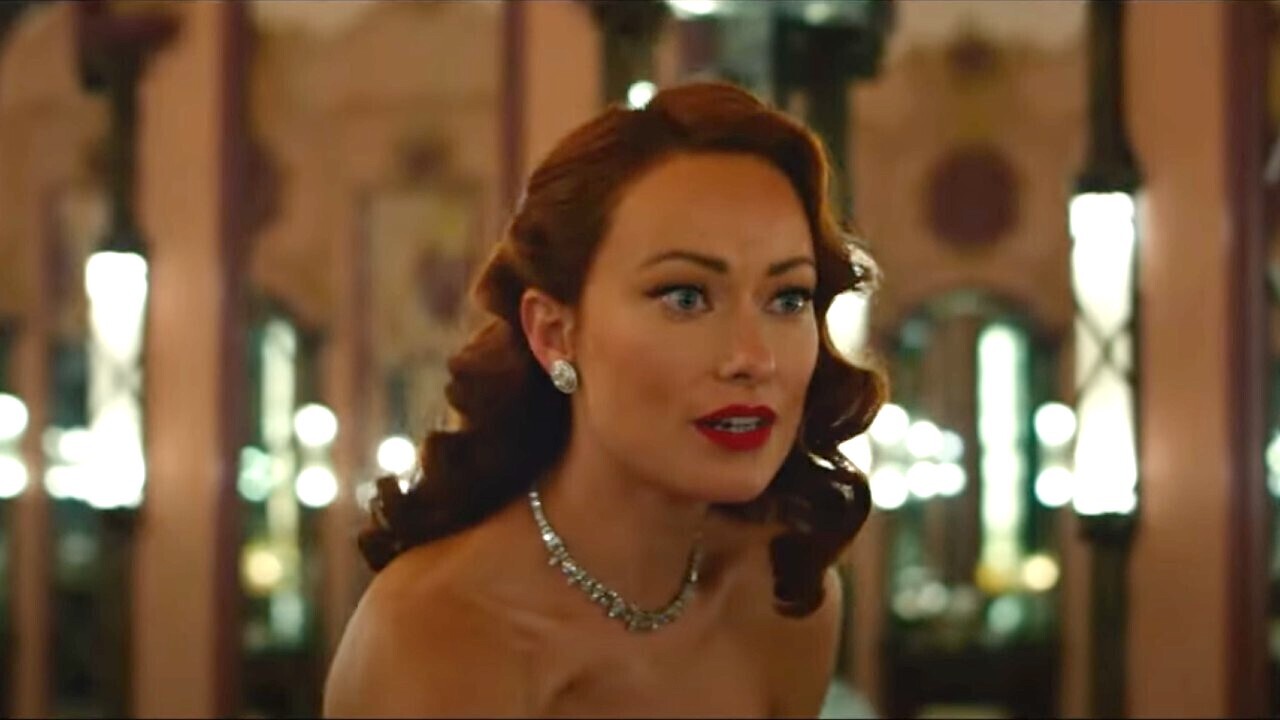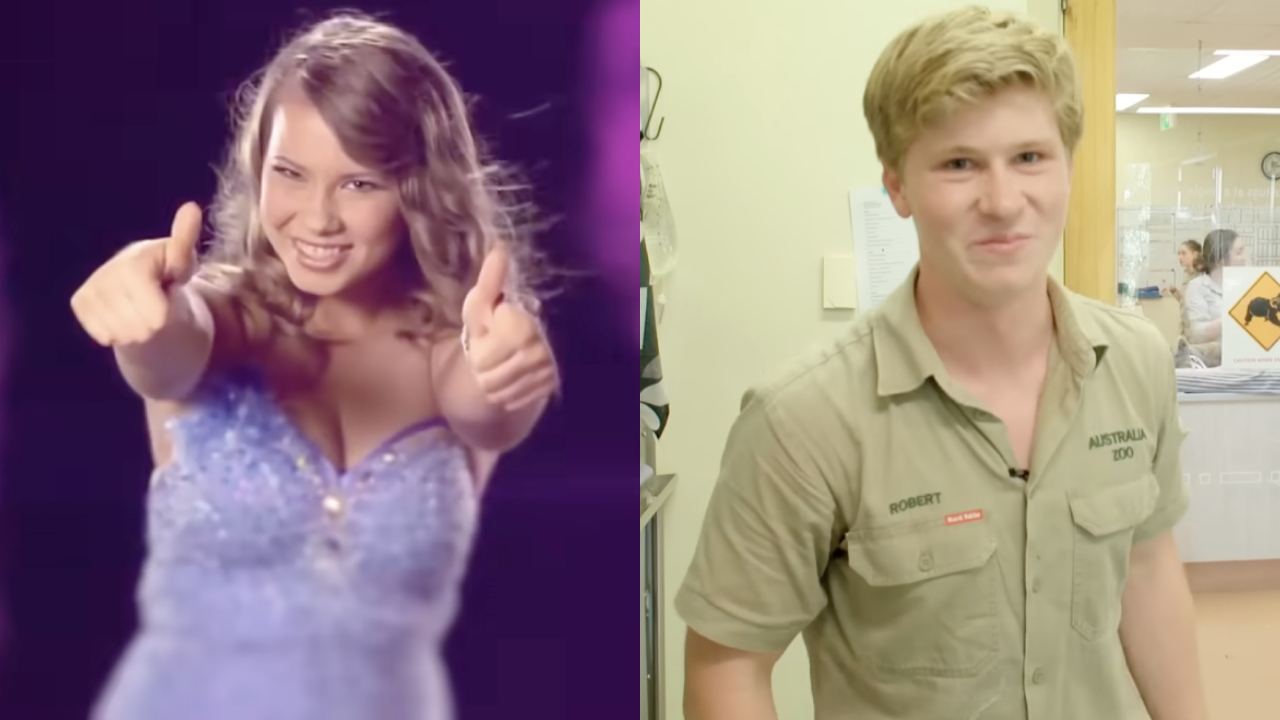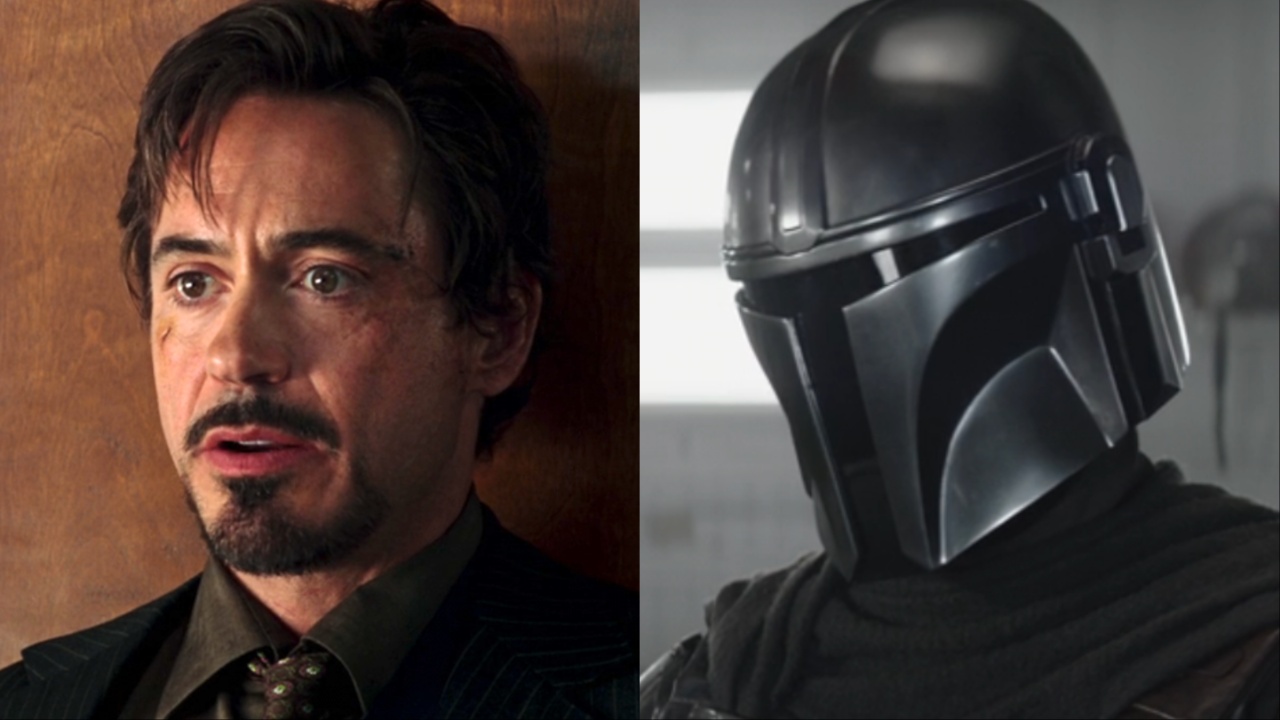New Book Says Robin Williams May Have Suffered From Dementia
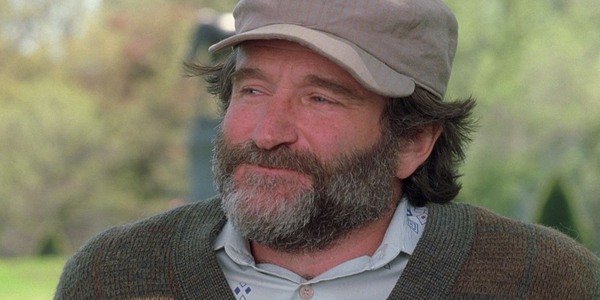
A heartbreaking potential discovery about the late comedian and actor Robin Williams might have just been revealed to the public. In 2014, when Williams tragically passed away in what was later deemed a suicide, the details surrounding his death and why he decided to take his own life were left vague and unknown. In the mourning proceeding years, however, more details have seemingly come to light. For instance, in his upcoming biography Robin, author and New York Times reporter Dave Itzkoff reportedly claims the Academy Award-winning actor might've suffered from dementia, which may have troubled Robin in his later years.
In the anticipated new book, due to be released on May 15th, Dave Itzkoff writes that Robin Williams allegedly struggled from a brain disorder that wasn't instantly diagnosed, which was ultimately thought to be dementia. As reported by Deadline, it is believed that this brain order reportedly caused Williams to lose some of his characteristic energy, along with other symptoms considered "bizarre," and that it might've been what drove the beloved comedy personality to take his life via asphyxiation. Although Robin Williams was initially diagnosed with Parkinson's Disease, these symptoms that plagued him in his final year were not typically characterized with that disorder. It wasn't until Robin Williams reportedly met with a neuropathologist that the actor discovered his final diagnosis: diffuse Lewy body dementia.
Considered the second-most common type of dementia after Alzheimer's, Robin Williams reportedly had drastic and devastating changes to his health and mental well-being. During the production of Night at the Museum: Secret of the Tomb, for instance, which became the actor's final live-action performance, Williams was known to vehemently weep into the arms of make-up artist Cheri Minns, who is quoted in the book. He would also forget his lines often and walk in an unusual manner. When Minns suggested that the legendary stand-up comedian return to the stage to cure his blues, she said he couldn't do it.
He just cried and said, 'I can't, Cheri. I don't know how anymore. I don't know how to be funny.'
This story is deeply saddening for a variety of reasons, but it's especially disheartening when you remember how Robin Williams was someone who could reliably help others during their own dark periods. For instance, Sharon Osbourne recounted last month how Williams came to the Osbourne residence whenever she was diagnosed with cancer, and he was the one who helped her seek cancer treatment. Additionally, Steven Spielberg recounted last week how Robin Williams was the one who helped the filmmaker out of his own funk whenever Spileberg finished production on Schindler's List, as he would give his Hook director some short stand-up sets on the phone which ultimately got the acclaimed moviemaker out of the depressed mental state created by his Oscar-winning masterwork. To know that Robin Williams was there for people whenever they needed to laugh, and to know that there were potentially few people there to help Robin Williams during his own tragic decline, is truly devastating stuff.
There are more details recounted in Dave Itzkoff's praised new biography, including how Robin Williams' Mork & Mindy co-star Pam Dawber noticed stark changes in his personality when she briefly worked on his cancelled CBS comedy The Crazy Ones, including weigh loss and a trembling voice. And while it is believed that Robin Williams tried to persist throughout his diagnosis, it ultimately became a losing battle. Robin Williams is fondly remembered and deeply beloved, especially for all the laughs he brought the world, and that's what makes the comedian's sad final years all the more harrowing to hear.
In addition to this new book, Susan Schneider-Williams, Robin Williams' widow, also recently penned an essay detailing the comedic actor's final years and his crippling battle with dementia.
CINEMABLEND NEWSLETTER
Your Daily Blend of Entertainment News
Will is an entertainment writer based in Pittsburgh, PA. His writing can also be found in The Playlist, Cut Print Film, We Got This Covered, The Young Folks, Slate and other outlets. He also co-hosts the weekly film/TV podcast Cinemaholics with Jon Negroni and he likes to think he's a professional Garfield enthusiast.

